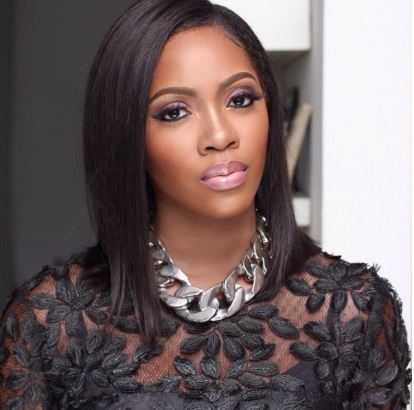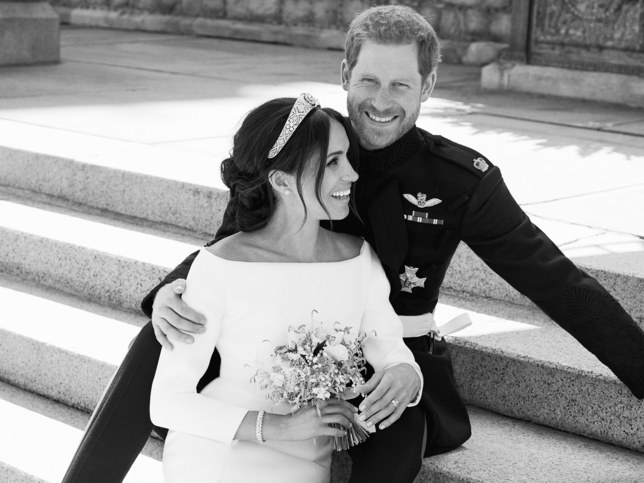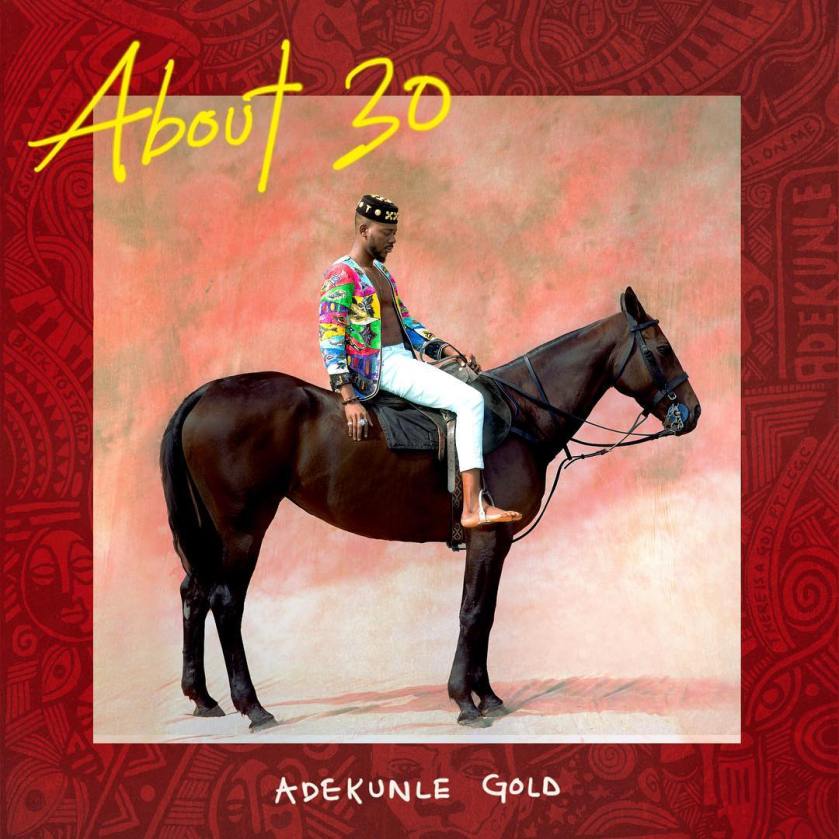Some people will inevitably claim to not understand all the fuss being made out of the Dominic Cummings’, special adviser to Prime Minister Boris Johnson, journey to Durham in March 2020, during the national lockdown. The journey was apparently to obtain childcare while Cummings and his wife, Mary Wakefield, were ill with the coronavirus and to some, they were faced with a difficult dilemna – unpredictable suffering or a liberal interpretation of the rules on lockdown and social distancing.
The facts, however are more complicated than that. The story appeared, at first, to be that Cummings and his wife, having contracted the virus, drove to Durham to drop their four year-old son with his grandparents because they were too ill look after him. People with more analytical instincts than me immediately asked how they could make a 260-mile one way trip while being too sick from the coronavirus.
The facts became more jumbled but the most benevolent version for a while was that, having discovered that they were infected, they decided to leave their four-year son with his grandparents in case they got too ill to look after him. So far, so bad-enough. This would not only be a breach of the lockdown regulations and the government guidance, it would be contrary to all the medical advice on avoiding the spread of the virus. The fundamental rule which was being broken even in this mild version (more versions to come!) was that anyone with symptoms of coronavirus is supposed to self-isolate for 14 days from when the symptoms first appear. Also, Cummings’ parents are in their seventies and therefore in a recognised vulnerable group.
In relation to self-isolation, I must admit I first wondered whether people shouldn’t be made to self-isolate for 14 days after all the symptoms disappear (the same logic used by schools when a child has diarrhea) instead of when the symptoms first appear. However, I suppose this is to accommodate incubation periods. When the symptoms first appear, the person is approaching the end of their infectious period, I think.
With Cummings and his family, a significant concern was how many service stations they visited during their journey to and from Durham while he and/or his wife was ill with the virus and why they thought the best way to protect a young boy was to confine him with carriers of the disease for hours in a car.
Then more detail and contradicting versions came out. One version was that it was just Cummings’ wife who had coronavirus and not him, begging the question why he could not then take over the childcare duties. Unlike when Boris Johnson was ill, I do not remember a significant time when Cummings was ill although a Radio 4 broadcast is now making the rounds on social media where Wakefield tells about their experience with the disease.
I had questions. Was Wakefield tested? How sick did she get in the end? Did he just assume he had it? Was he tested? How happy were his parents about all of this? Did he get childcare from them after all that? All of these questions no doubt appeared but disappeared into the vortex as the uproar increased about what he had done compared to the sacrifices that thousands of British people grappling with the death, disease and confusing government guidance have made since this nightmare started.
The media let us stew for 24 hours before revealing that Cummings made a second, and possibly third and fourth trips, separate from the one made in 27 March. The police were involved at some point.
The last bit of significant news is the Radio 4 recording of someone reading his wife’s article about their experience with the virus, with Cummings being the worse affected, according to her, and their son entertaining himself by playing doctor, all contradictory to the initial story about them needing or getting childcare from his grandparents. The reasons for their trips to Durham and surrounding areas remain a mystery – apart from the obvious explanation that, when it came to his personal life and his family, Cummings never gave a stuff about the rules and did whatever he thought he could get away with. The trips appeared to include a family outing in a tourist town. Perhaps Cummings applied the 80/20 diet rule which is that if you are ‘good’ 80% of the time you probably will lose the weight/won’t spread the virus.
It ended with him giving a press interview on 25 May (https://www.itv.com/news/2020-05-25/dominic-cummings-public-statement/ -) which left me no less confused. I couldn’t get passed his account of driving to a tourist town to check whether his eyes were still working.
Three things, separate to why and when Cummings went to Durham and other places, made the whole thing about 1000 times worse. Firstly, between the first and second story, a number of senior MPs tweeted the most vacuous crap in an attempt to defend what Cummings had done. It is now being suggested they were ordered or asked to do so by the Tory party chief whip. Some examples are worth repeating here:
Alok Sharma, MP for Reading West and Minister for international development tweeted:

Michael Gove, MP for Surrey Heath and former education minister tweeted:

Golden boy and dispenser of cash-money, Rishi Sunak, Chancellor of the Exchequer and MP for Richmond, Yorshire tweeted:

Jacob Mogg-Rees, MP for somewhere in Somerset and wearer of silly hats and a silly smug face tweeted:

And the little bit of desiccated coconut on the cherry on the icing on the cake (on the plate on the birthday table cloth on the table on the floor etc), the Attorney General, Suella Braverman tweeted:

These tweets did not have the effect of making the public think ‘Awwww. That poor man. Give him a break. He is a parent for goodness’ sake. What parent, after advising the prime minister on lockdown rules, won’t completely break them if necessary?’ They made us feel many things, some of which are covered below.
The first thing it made me think of is how corrupt-minded the Conservative party (or maybe even politics as a whole) is and how easily they think public opinion can be swayed if they think a series of moronic tweets would have the effect of calming down an already excitable public, who after almost 9 weeks of lockdown, are at the peak of their rage, fear and grief.
Daily press briefings were held by Grant Shapps Minister for Transport, and the prime minister himself. Shapps was reportedly almost dismissive saying that British people should interpret for themselves how they want to be locked down. Maybe people were confused into thinking they had to follow government guidance as precisely as they could because of the emergency legislation, criminal sanctions, heightened policing and heavy fines for breaching lockdown rules It’s difficult to tell. After careful thought, Boris Johnson declared himself satisfied that Cummings had acted reasonably and “with integrity”.
The third thing is that journalist camped outside Cummings’ house and we continued to see him walking around in his mis-matched sporting gear snapping at journalists and defending himself, oblivious to the fact that this was now the time for that self-isolation he failed to undergo two months ago.
The torrent of rage continues and is, to me who hasn’t suffered any real tragedy as a result of the pandemic, heart-breaking. I don’t actually believe that if Cummings had said ‘Fair cop. I put my hands up. I did wrong and I am sorry’, people would have just left him alone as some are claiming. Firstly, as I’ve said above, we are thoroughly fed up with the restrictions, the fear, the pain and suffering and the constant addictive bad news about the virus. It doesn’t take much to tip us into incandescent rage. Secondly, we are in the midst of a very real and prevalent outrage culture. Every celebrity and governmental misdemeanour is discussed at an almost maximum level of disbelief and condemnation that when something really extraordinary happens, there really isn’t room to ramp up the rage any further.
Perhaps this was the reason the Tory government thought that it could, with a few platitudes from MPs, sweep this under the carpet. I say that we have outrage culture but in this case the outrage really is deserved. The lengths to which people have gone to obey the rules and government guidance, interpret and come up with plans to implement confusing messages from the government and to follow their conscience and protect strangers from the disease, as well as the country and the NHS from collapse have been amazing. What is being asked of us was huge from the start, which is why I never added my voice to the self-righteous chants of ‘HOW HARD IS IT TO STAY AT HOME FFS?!!’
Leaving aside the general lockdown and being confined to our homes, small or large, suitable or not, with or without gardens, what a lot of sick people have done is nothing short of heroic. Sick parents, some with other underlying conditions or recovering from or receiving treatment for cancer, have looked after multiple children without help. They have learned how to isolate from their own children in their homes. Children have gone along with it. Children who don’t know how to pronounce the words ‘social distancing’ have accepted that they can’t go to school anymore, they can’t go anywhere, can’t go near anyone, sometimes even their own parents, and if they see their friends in the street, they must stay away. Front-line workers have removed themselves from their family homes. People have lost much-loved parents and relatives without being able to go near them for weeks; have had to attend funerals remotely.
The list is endless. And after all this to be essentially told that, in such circumstances and worse, it is “common sense” and the mark of a good parent to ignore the lockdown rules and do whatever your “instincts” tell you is right must be unbearable.
The rage is real. Some if it is uncomfortable like watching Cummings’ house under siege. But almost all of it is justifiable even before you take into account the threat to viability of lockdown itself and whether police officers, tired of the insults and accusation of heavy-handedness and no doubt going through their own personal situations, won’t just down tools and let people do what they like.
There’s no point in ending this piece on a sermon, as if to the Conservative government (‘look what you’ve done! you should be ashamed of yourselves!’). My perhaps uncharitable reaction to people who do things that are completely outrageous is to ask myself whether, having thought it was okay to do it in the first place, there is any real likelihood of them now genuinely accepting correction and understanding that what they did was wrong. I don’t even think that this is the time to tell people to take heed and vote better in future elections.
In my view, the majority of people just need to realise that they are not overreacting or being silly or divisive, their outrage is justified and their sacrifices are worthy, valued and noted. And oh yeah, Cummings gatsa to be go’!































